EDITORIAL
Published on 27 Mar 2024
Editorial: Disciplinary aesthetics: the role of taste and affect for teaching and learning specific school subjects
doi 10.3389/feduc.2024.1396318
- 577 views
- 1 citation
3,212
Total downloads
19k
Total views and downloads
You will be redirected to our submission process.
EDITORIAL
Published on 27 Mar 2024
ORIGINAL RESEARCH
Published on 05 Mar 2024
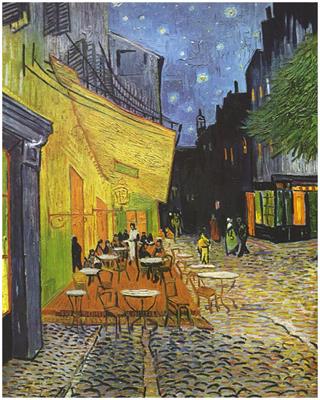
ORIGINAL RESEARCH
Published on 15 Feb 2024
HYPOTHESIS AND THEORY
Published on 01 Feb 2024
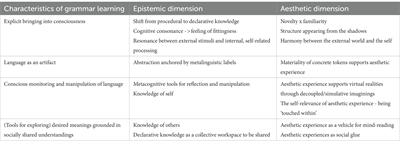
ORIGINAL RESEARCH
Published on 09 Jan 2024
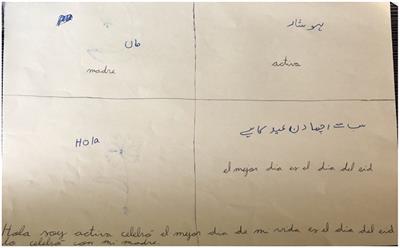
ORIGINAL RESEARCH
Published on 15 Dec 2023
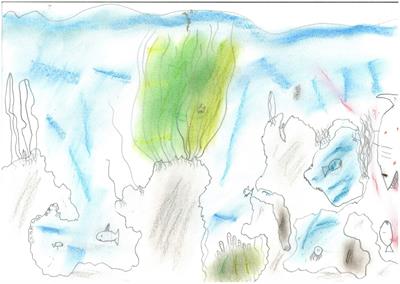
HYPOTHESIS AND THEORY
Published on 12 Dec 2023
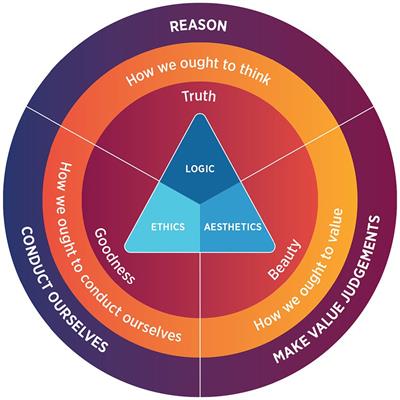
ORIGINAL RESEARCH
Published on 11 Dec 2023
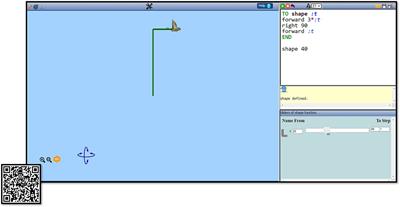
ORIGINAL RESEARCH
Published on 08 Dec 2023

ORIGINAL RESEARCH
Published on 05 Oct 2023

PERSPECTIVE
Published on 04 Oct 2023

